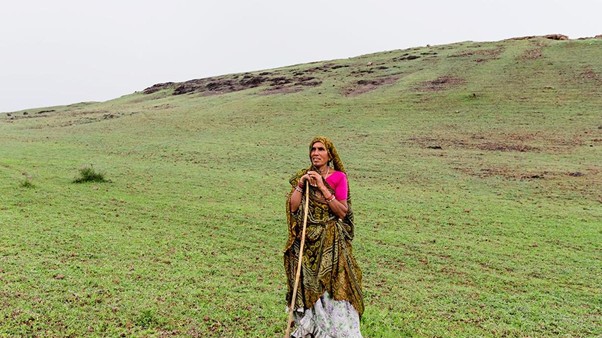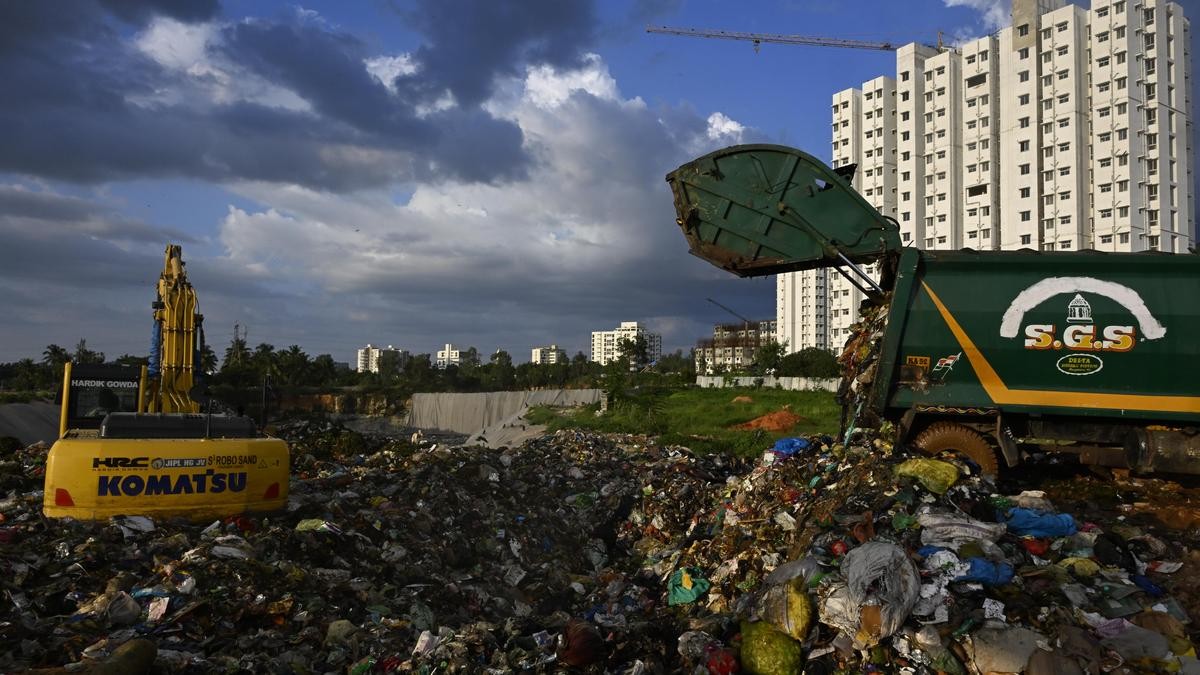Description
Disclaimer: Copyright infringement not intended.
Context:
The Central Zoo Authority must ensure that it complies with all the conditions which have been set out by the World Association of Zoos and Aquariums.
About World Association of Zoos and Aquariums (WAZA)
It is a global alliance of regional associations, national federations, zoos and aquariums dedicated to the care and protection of animals and their habitats worldwide.
Functions: Managing zoos and aquariums around the world and ensuring animal welfare and protection.
Scientifically based knowledge in the field of animal care and welfare, environmental education and global conservation
Five Domains Animal Welfare Model - is a framework designed to assess and improve animal welfare.
- Nutrition – Ensuring animals have access to a balanced diet and clean water.
- Environment - Providing a suitable environment that allows animals to express natural behavior.
- Health – Prevention and treatment of diseases and injuries.
- Behavior - Enables animals to engage in positive social interactions and express natural behaviors.
- Mental state - taking into account the emotional experiences of animals, including positive experiences such as anticipation and contentment.

What is the role of the Central Zoo Administration (CZA)?
CZA: The Central Zoo Authority (CZA) is a statutory body established in 1992 under the Nature Conservation Act 1972.
Objective: To bring Indian zoos up to international standards. Supplementing the National Wildlife Conservation Effort under the National Zoo Policy, 1998.
Functions
- To enforce minimum standards and norms for the maintenance and care of animals in Indian zoos.
- Control the mushrooming of unplanned and ill-conceived zoos.
- State minimum standards in line with global standards for housing, maintenance and veterinary care of animals in Indian zoos.
- Revoke the accreditation of a zoo if it is found not to meet or adhere to these standards.
What are the challenges in zoo management in India?
- Lack of infrastructure: Inadequate safety and recreational facilities for different species of animals with different requirements.
- Poor Living Conditions: Many zoo facilities suffer from neglect and poor maintenance, resulting in unsafe and unsanitary conditions for both animals and visitors.
- Understaffing: Many zoos in India are understaffed, with severe shortages of veterinarians, biologists and educators.
-
- This makes it difficult to provide adequate care and maintain the health of the animals in a suitable environment for breeding these majestic animals.
- Neglect of regulations: The protective provisions of the Wildlife Protection Act of 1972 were neglected by zoos and the CZA.
- CZA satisfaction: Shortcomings in creating and enforcing current guidelines - in line with global standards - on animal welfare applicable in zoos in India.
- Lack of responsibility: The law does not prescribe any consequences for ČZA in cases where ČZA intentionally neglects to fulfill its legal obligations.
What are the problems with animal diplomacy?
- Animal Diplomacy involves donating or lending animals as a sign of friendship or goodwill between countries.
- Soft Power: Animal diplomacy has long been promoted as a tool for extending a country's soft power to other parts of the world.
Problems with animal diplomacy
- Lack of concern for animal welfare: Celebrating the practice without considering the welfare of the animals involved in these transactions.
- Change of environment: When a wild animal such as an elephant is "gifted" to another country, it means that it is forcibly separated from its herds, familiar habitats and native habitat.
- Adaptation Challenges: Settlement requires them to get used to unfamiliar weather, captive conditions and new caretakers in host countries.
- Psychological issues: Huge physical and mental trauma for these animals, who often exhibit aggressive behavior, leading to further mistreatment, cruelty, or neglect.
- Language barriers: The language in which these animals are trained is often different from the language used by their handlers in the receiving country.
What animal welfare measures are available in India?
- Constitutional Duty to Protect Animals: The Directive Principle of State Policy under Article 48A enjoins the State to protect and improve the environment and protect the forests and wildlife of the country.
- Prevention of Cruelty to Animals Act, 1960: To prevent the infliction of unnecessary pain or suffering on animals.
- Animal Welfare Council of India: It is a statutory advisory body on animal welfare laws which was established in 1962 under the Prevention of Cruelty to Animals Act, 1960.
- Wild Life (Protection) Act, 1972: For the protection of flora and fauna.
- Indian Penal Code (IPC) 1860: Sections 428 and 429 of IPC provide punishment for all cruel acts like killing, poisoning, maiming, or abusing animals.
Way Forward
- Ensure compliance with all conditions set by the World Association of Zoos and Aquariums.
- Perhaps CZA should look and draw inspiration from the work of Indian rescue centers such as 'Wildlife SOS', which is dedicated to caring for abused, sick, injured, and malnourished elephants.
- It introduces checks and balances in the law with respect to CZAs and even errant zoos that do not adhere to prescribed standards of animal care.
- Enact an international convention for the protection of diplomatic animals that sets out a set of internationally recognized minimum conditions that both countries must meet.
Source:
The Hindu
|
PRACTICE QUESTION
Q.India's zoos have long been an important part of its conservation strategy, but concerns regarding animal welfare have grown in recent years. In light of these concerns, do you think India must revisit its animal welfare framework at zoos? (150 words)
|












